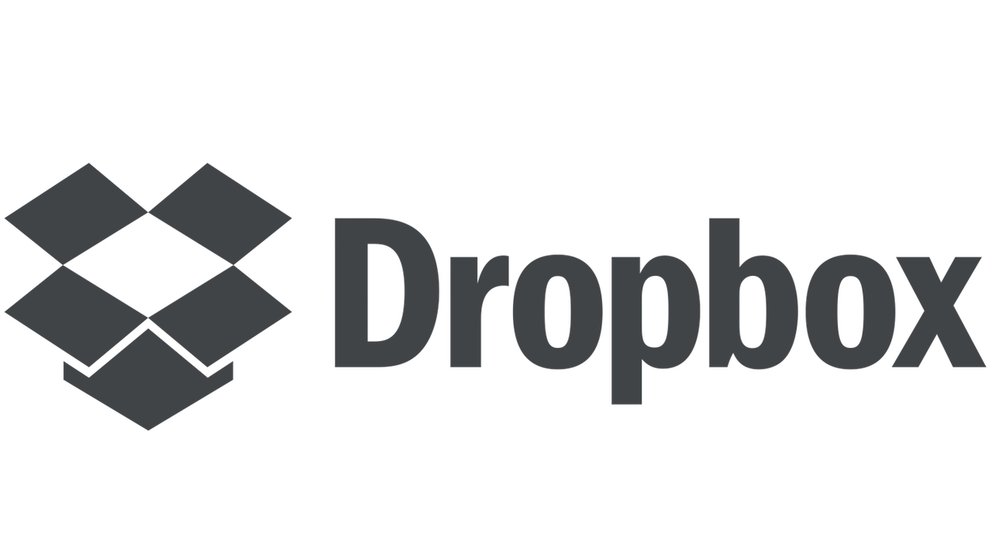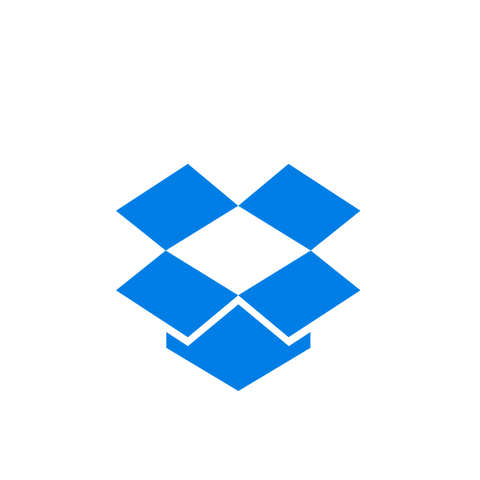

The team also collaborates and project plans on Dropbox Paper, where they can share more in-depth feedback. “Being able to take notes and have that visible to the whole team is useful,” Powell says. With seven team members working across two continents and multiple time zones, the engineers and researchers at AudioShake keep collaboration smooth and efficient by adding comments and notes directly onto audio files. “That’s pretty handy.” Make comments directly on files “I can open it and see what's happening in the music with just a glance,” she says. “The files and documents are where they should be-that’s a big benefit.” Another storage perk Powell loves is the ability to open an audio file in Dropbox and tell from one look at the waveform visualization that the AI has worked how she expected. “It keeps things organized for us,” Powell says. Her remote team works on up-to-date files out of one central location, so there’s no digging through subfolders on multiple platforms, or sharing frantic “Have you got the final version of this?!” messages. Unlike Dropbox, “some storage providers compress files, and that would be disastrous for what we do,” Powell says. And they rely on Dropbox to make the process as smooth and efficient as possible.ĪudioShake stores their audio files, which tend to be extra large, in Dropbox to preserve the quality of the recording and prevent glitches on the file. (Or, of course, karaoke.) AudioShake’s remote team of engineers and researchers, spread out across Silicon Valley, Texas, and Europe, spend much of their day sharing large files with clients and each other. From there, the stems can be used for new creative revenue opportunities, such as remixes, commercials, and movie trailers.

Her team of seven collaborates with everyone from big music labels to indie artists to break up previously recorded songs into their different parts, called stems.


Powell is now CEO and Co-Founder at AudioShake-a business that produces sound separation software. Like that, the idea for her startup was born. (Karaoke tracks rarely sound like the original song because breaking apart songs to pull out the vocals is tough to do.) Powell put on her research hat and discovered that artificial intelligence might hold the answer: With machine learning, she could break up a song into its different parts (for example, the drums or the vocals). Jessica Powell had a karaoke problem: She was a fan of belting out covers, but got tired of singing along to a limited catalog of poorly produced tracks.


 0 kommentar(er)
0 kommentar(er)
